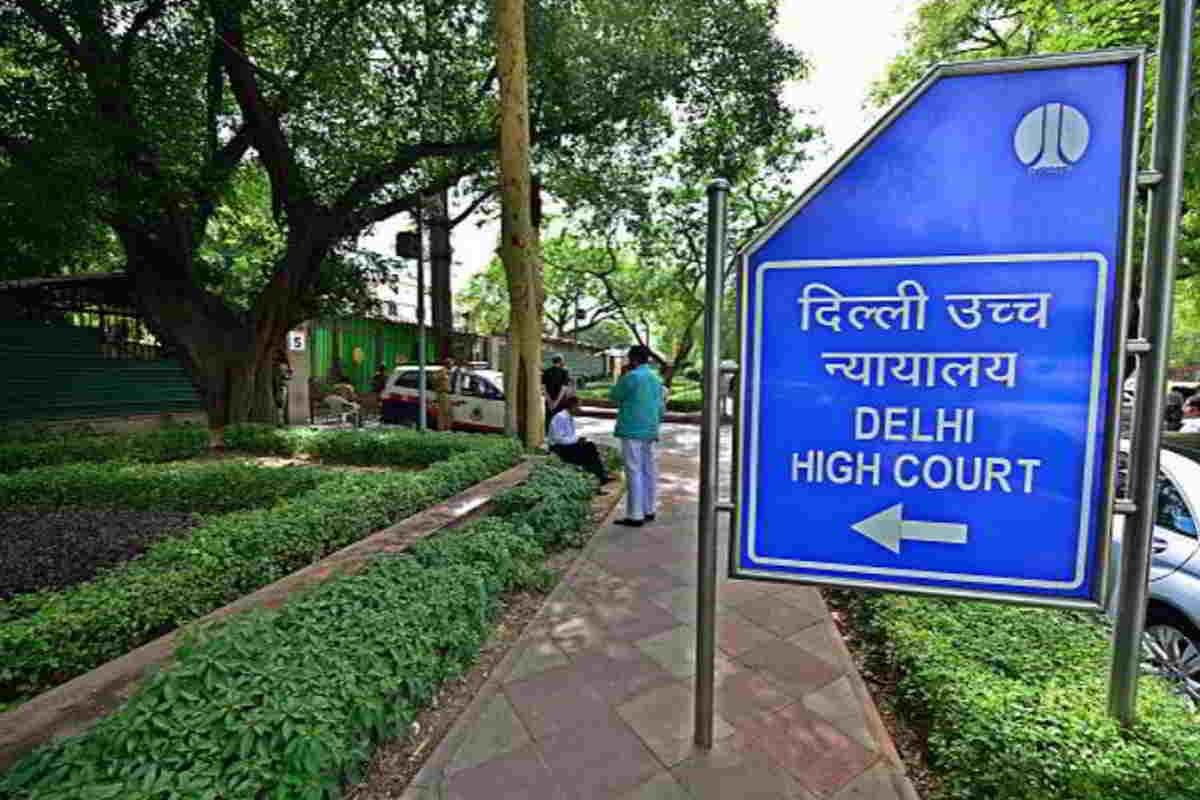On 5th January 2021, the Delhi High Courts granted bail to an accused in a case of rape, stalking and criminal intimidation to a scheduled caste woman. Background: The allegations made against the petitioner, Danish Khan, were of rape under sec.376, along with sections 354d and 506 of IPC, being stalking and criminal intimidation respectively.
To Read More Please Subscribe to VIP Membership for Unlimited Access to All the Articles, Download Available Copies of Judgments/Order, Acess to Central/State Bare Acts, Advertisement Free Content, Access to More than 4000 Legal Drafts( Readymade Editable Formats of Suits, Petitions, Writs, Legal Notices, Divorce Petitions, 138 Notices, Bail Applications etc.) in Hindi and English.







